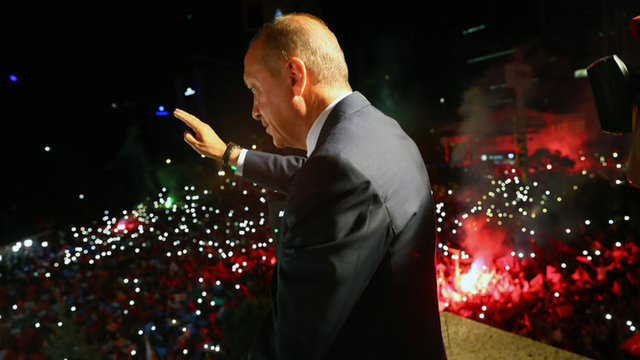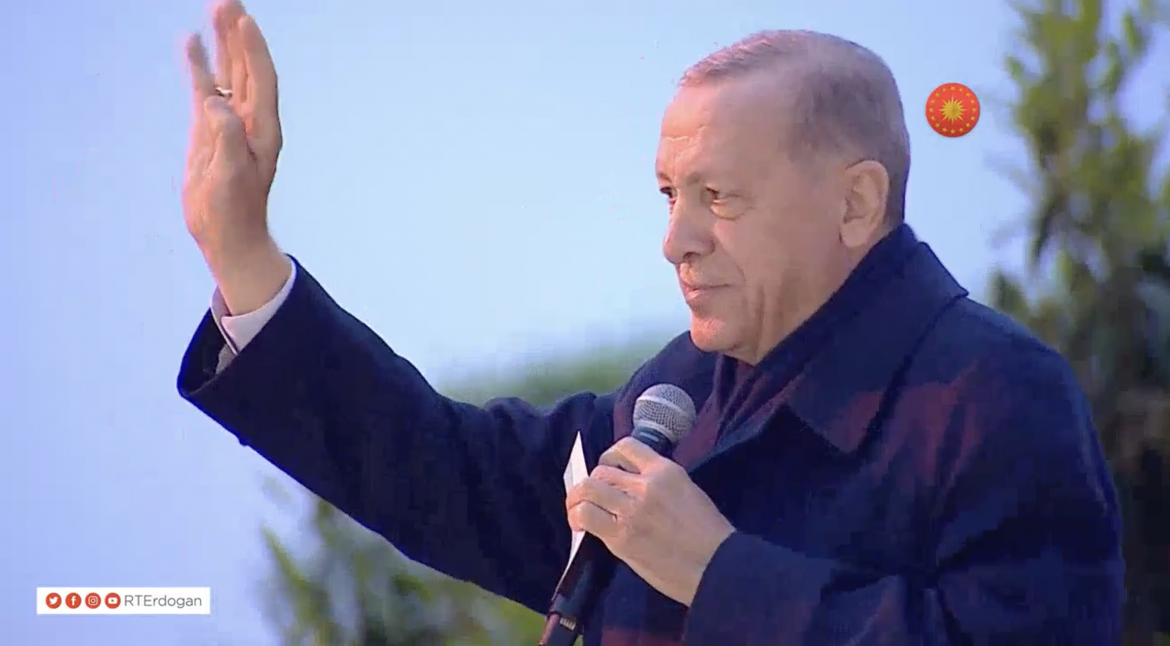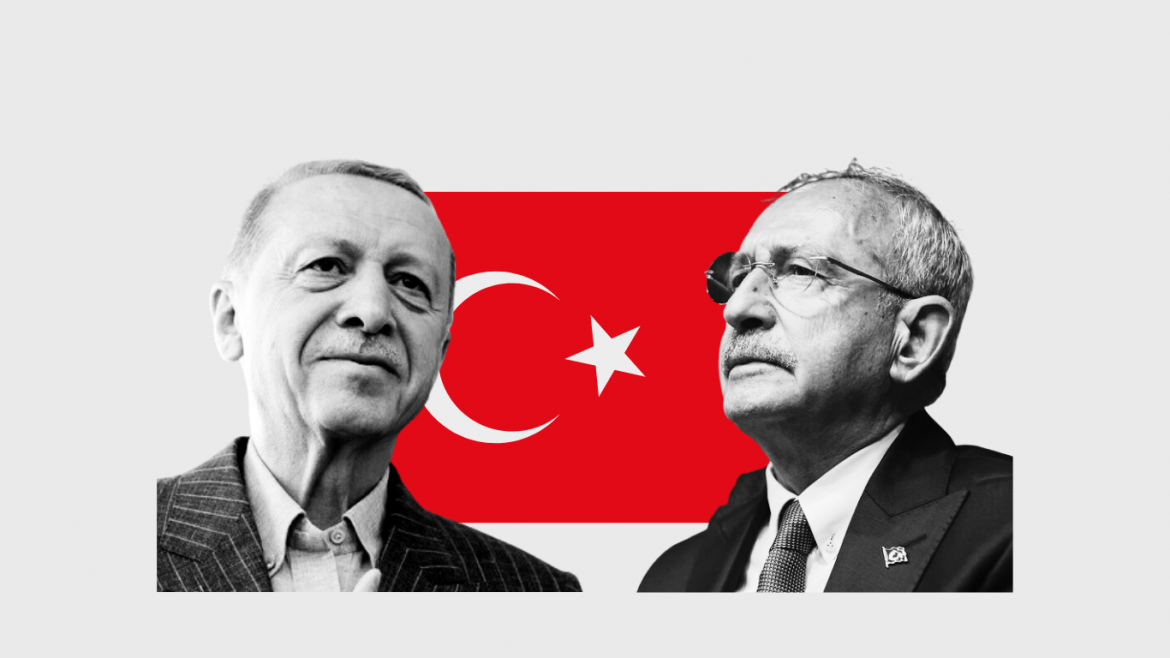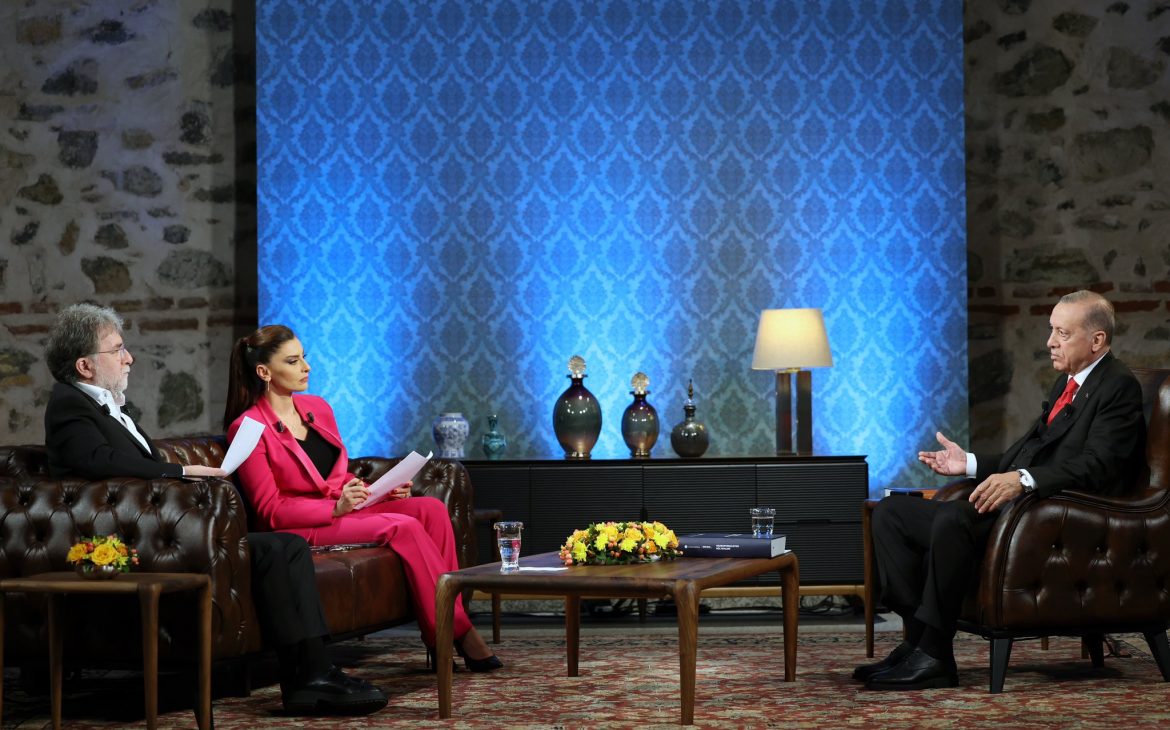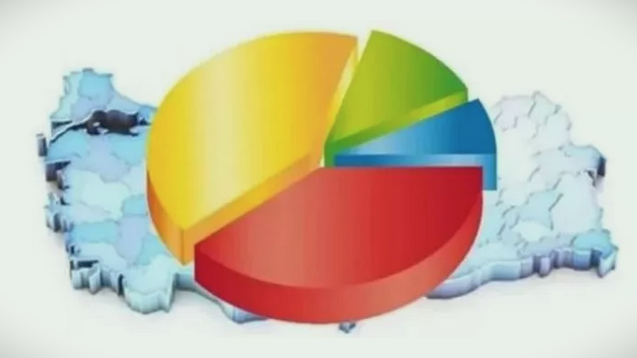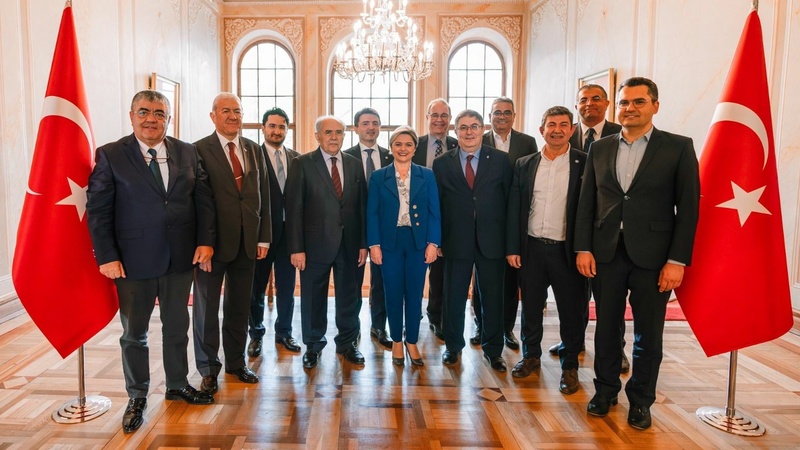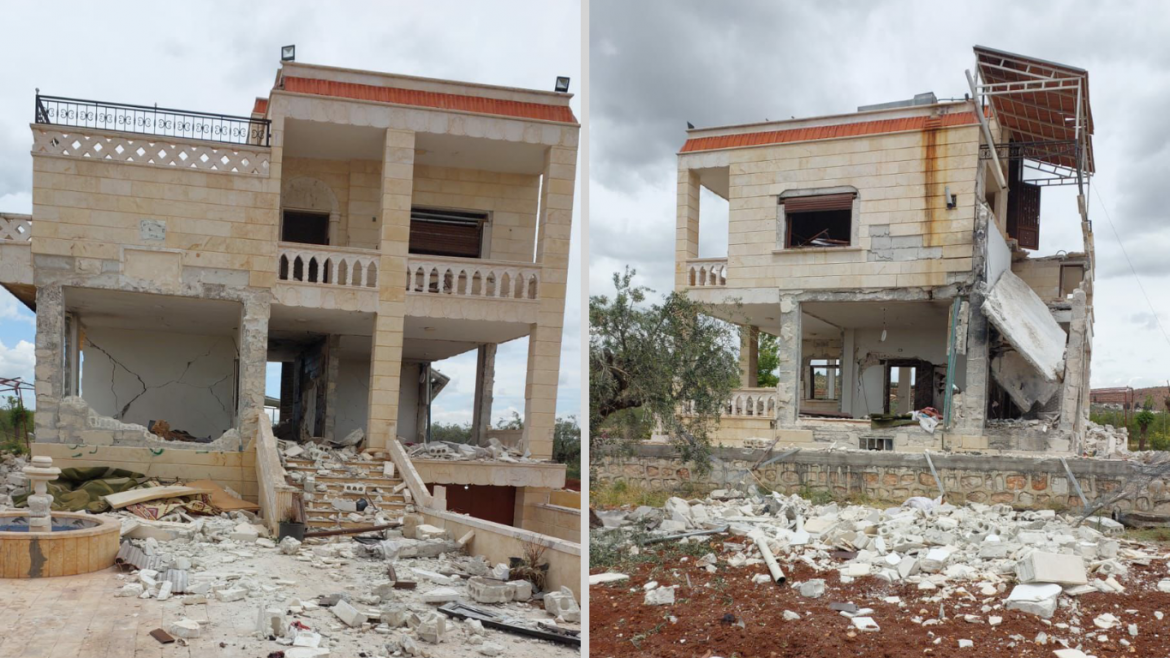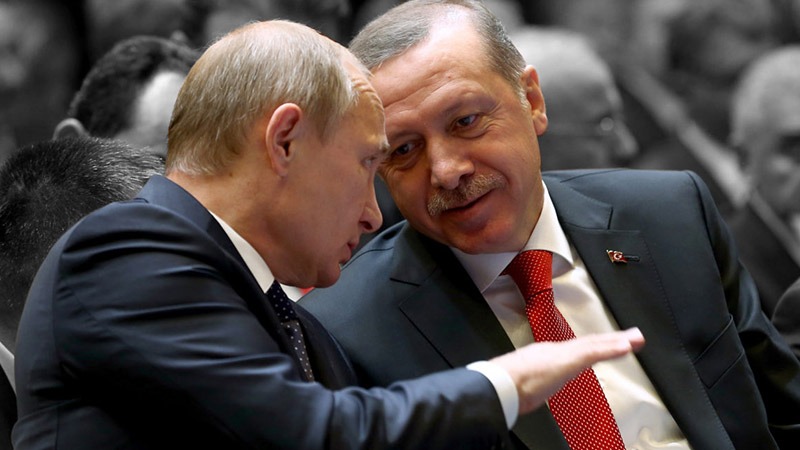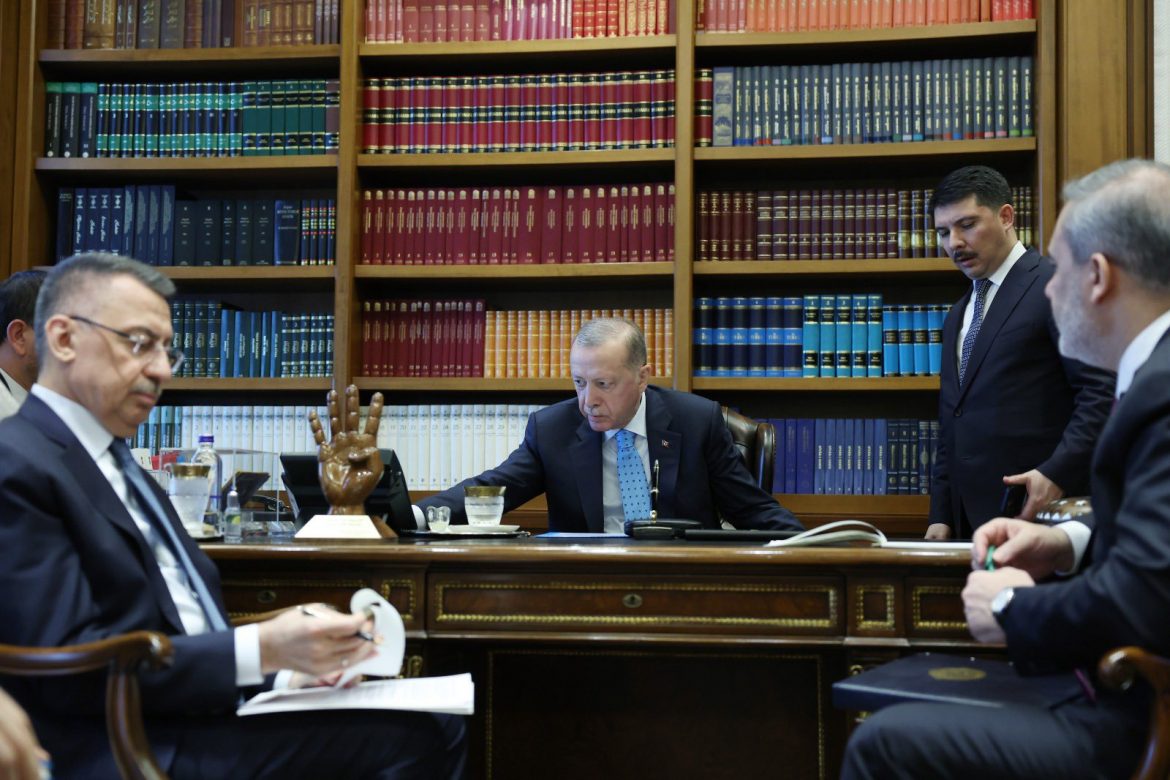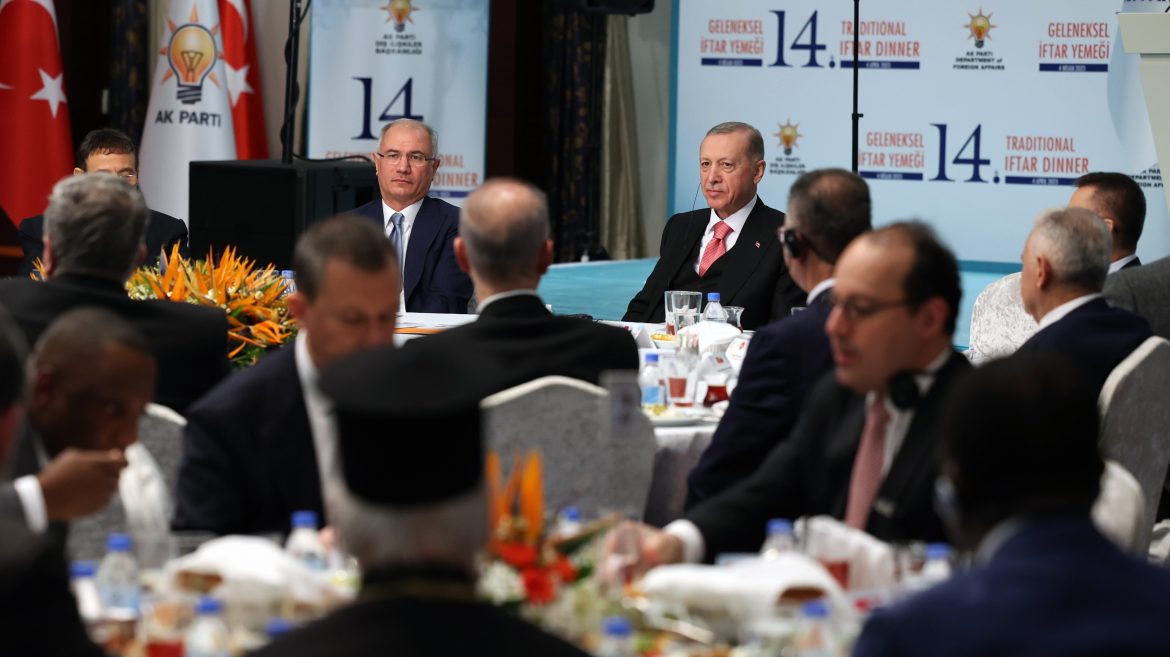Turkish President Recep Tayyip Erdoğan was re-elected for his third term at the seat after the run-off elections on May 28. The ruling Justice and Development Party (AKP) leader Erdoğan received 52.14 percent of the votes, while his opponent and opposition’s candidate Republican People’s Party (CHP) leader Kemal Kılıçdaroğlu received 47.84 percent. The margin will
President Recep Tayyip Erdoğan is reelected in the run-off elections on May 28, Supreme Board of Elections head Ahmet Yener announced stating that the preliminary results indicate his victory. Stating that the 99,93 percent of the ballot boxes was counted Yener said that “even if the remaining votes are written to any candidate, the results
Türkiye is once again going to the polls on May 28 to elect its 13th president in the run-off elections amid the devastating effects of two major earthquakes, an economic crisis, increasing political polarization, and ballot-box security concerns. Some 64 million voters cast their ballots to choose between two candidates: President Recep Tayyip Erdoğan and
Two days before the critical run-off for the presidential elections in Türkiye, things got quite odd in the country. Two candidates of the second round of the elections, Republican People’s Party (CHP) leader and six party opposition alliance’s candidate Kemal Kılıçdaroğlu and President Recep Tayyip Erdoğan were on screens one day apart on May 24
With just three days until the critical Parliamentary and presidential elections that might have influence on the political trajectory of not just in Türkiye but in the globe, the uncertainty prevails. The most recent polls put opposition’s presidential candidate and Republican People’s Party (CHP) leader Kemal Kılıçdaroğlu ahead of President Tayyip Erdoğan, with a higher
As Türkiye is set to hold its critical election on May 14, the opposition “Nation Alliance” presidential candidate and main opposition CHP leader Kemal Kılıçdaroğlu held one of the most important rallies of his election campaign on May 6 in İstanbul, Maltepe along with the other five opposition leaders and the Ankara and İstanbul mayors
Turkish President Tayyip Erdoğan announced that the National Intelligence Organization (MIT) had “neutralized” ISIS leader Abu Hussein al-Quraishi. Erdoğan announced on live TV on April 30 that MIT neutralized Quraishi, whom had been “followed for a long time,” in an operation in Syria on April 29. The expression “neutralized” usually means “killed” by Turkish security
Following a two-day contraversy over his health condition after falling ill during a live television broadcast, Turkish President Recep Tayyip Erdoğan appeared on a video conference for the inauguration ceremony of the Akkuyu Nuclear Power Plant on April 27, resolving the rumours that he was gravely ill or even hospitalised. Russian President Vladimir Putin was
President Recep Tayyip Erdoğan attended videoconference for Akkuyu Nuclear Power Plant inauguration ceremony on April 27, after falling ill during a television interview on April 27 and cancelled his election programs, which prompted allegations that he had serious health issues. Ankara on April 27 responded rumors over Erdoğan’s health issues especially the one alleged that
There has been a remarkable change in the assessments of foreign diplomatic missions in Ankara in the last month, regarding the result of the May 14 elections in Türkiye. Until recently, there was little doubt in the assessments of countries and international organizations that President Tayyip Erdoğan would make a last-ditch push and win the
